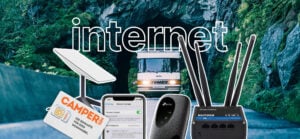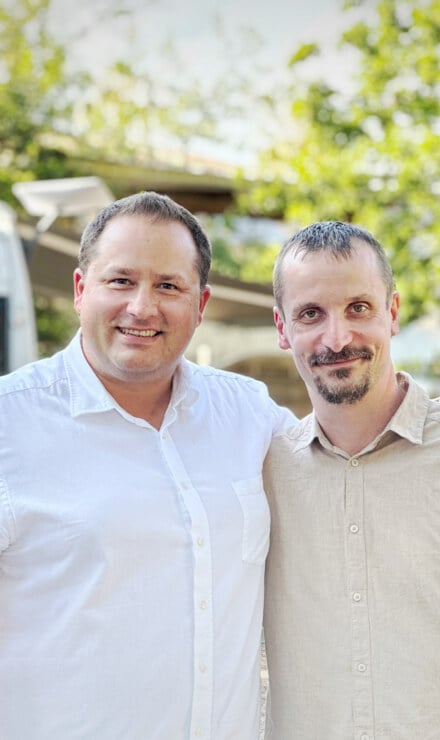
Open Company Concept: The World becomes open
Wikipedia, TED, Open Source software, Creative Commons licensing. All that shows that the virtual world is changing rapidly. The Open Company Concept brings ideas that the Pixmac team was carrying in their minds for a few months.
 I’m Vitezslav Valka, the CEO of Pixmac. I’ve been interested in Linux and other Open Source software (OSS) since late 90’s. You can feel a special power while using software that was not made to make someone rich. Some people think it’s being made by communists, some that it’s for people with low budgets, others might argue that OSS is piece of crap. I would compare that thinking to a situation when someone is talking about BMW quality without even driving one.
I’m Vitezslav Valka, the CEO of Pixmac. I’ve been interested in Linux and other Open Source software (OSS) since late 90’s. You can feel a special power while using software that was not made to make someone rich. Some people think it’s being made by communists, some that it’s for people with low budgets, others might argue that OSS is piece of crap. I would compare that thinking to a situation when someone is talking about BMW quality without even driving one.
Open company? A simple task!
People like open things. People are getting suspicious and skilled in media much more than the advertisers. That’s why a good viral video is usually a non-advertisement or not directly selling something. Really, now comes time to open yourself. It’s like a cocktail of capitalism with a flavour of democracy. Simply put, it’s about doing things right and not being afraid of being watched.
Confidential ideas and know-how? Old story. Most of the ideas are out there already. The most crucial thing every company has to build is trust. Especially in the virtual world and this is the most difficult part. You can use social networks, wise TV advertisements or start to organize seminars. The target is simple: build trust.
Signals already spotted
Check out the successful projects making our lives easier. Wikipedia, TED, YouTube. None of those ask you for an upfront payment. None of those have a secret formula of ingredients. Microstock photography is the same story.
Facebook, Twitter and the other social sites like Flickr are the accelerators of the changes in our culture. Someone makes a platform or tool and the crowd reacts. 1.8 billion people online are a true power.
Try to think of most respected companies in your life. I’m sure few of them are open already. For me it’s definitely Google, YouTube and Zappos. Even in the Czech Republic, I see great examples of people respecting the same idea. For example, Robert Vlach with his project for a freelancers directory at www.navolnenoze.cz or self-taught entrepreneur John Vanhara living in California and running several successful projects at www.shipito.com, www.incparadise.com and www.xyzbikes.com. Or www.konektor.biz, an advertising network which is something really different than a regular advertising agency. All of them are actively communicating with the community and getting inspiration in return.
Compare that way of communication to Microsoft or recording companies.
Don’t do that!
When Pixmac started, there were questions popping up in the forum of Fotolia agency. The staff was deleting them. The result couldn’t be other than negative feeling. Later when Dreamstime and other agencies were included into Pixmac collection the situation has changed. It’s not so painful an issue anymore. And now there are another agencies interested in Pixmac selling platform.
The other example is that some companies even don’t want to talk with the crowd. And are not able to join the forum discussion. That’s a dead end.
The Pixmac example
The truth is that Pixmac is trying to do the same thing as traditional stock photo agencies were doing for years. Re-selling multiple agencies. Not a big deal.

We’re influenced by the competition and definitely by all the user questions and ideas flying around. We’re trying to build a perfect product and we’re happy to share ideas and knowledge with others. Because know-how is nothing compared to passion and a good job.
Sharing is important for us at Pixmac. Both inside and outside our company.. Take for example the One Stop Shopping or Visuality Search. Those ideas can be easily cloned by anyone. Anyone can try what Pixmac or any other company has tried and take the risk as we did.
The future is bright
Let your customers become your friends. Apple does the same thing. All the open letters and great products do that. And even more, they inspire others. Take the iPhone or AppStore as an example. But keep in mind that when two people do the same, it’s not the same-as Dmitry has shown on the Usability Post website.
My definition of an Open Company
The idea of an open company is partly based on open source thinking. The company shares at least some of its information and statistics. That results in helping other people to get motivation and important information. With that they can do their businesses better. In the end the leader keeps it’s position because it’s still one step ahead of others in thinking and processing. The good thing about it is that it’s more precise than reverse engineering.
Take for example Zappos and the Canadian company Dollarama where the company culture was the key factor of success. It feels weird, but it’s really an inevitable mix of economic strategy and social behavior. As respected futurologist Matthias Horx said in the interview for Euro magazine: “In the past the company was rigidly structured consuming a lot of money. The future is in networking companies.” That means the skills and knowledge of every part of the network has to improve in terms of communication.
Key factors of Open Company
- inside communication where “everybody knows everything”
- outside communication where customers see that you’re fair
- reacting to customer feedback and showing respect for it
- social responsibility: partnering, sponsoring, helping others
- supplying media with more than just traditional PR
Further studies
There are great books that might show you the right direction. I Stephen Covey’s The Seven Habits of Highly Effective People if you’re a manager. For beginners it’s Rich Dad Poor Dad written by Robert Kiyosaki. For everyone it’s Good to Great from James C. Collins or any book by Malcolm Gladwell. And if you don’t have the time to read, this video about motivation and video about what motivates us should give you at least something.
Thank you guys for inspiring me
Robert Vlach, Ondřej Raška, John Vanhara, Tony Hsieh, Steve Jobs, Thomas Tyre O'Hearn II., Pavel Gardavský and you folks for reading.










